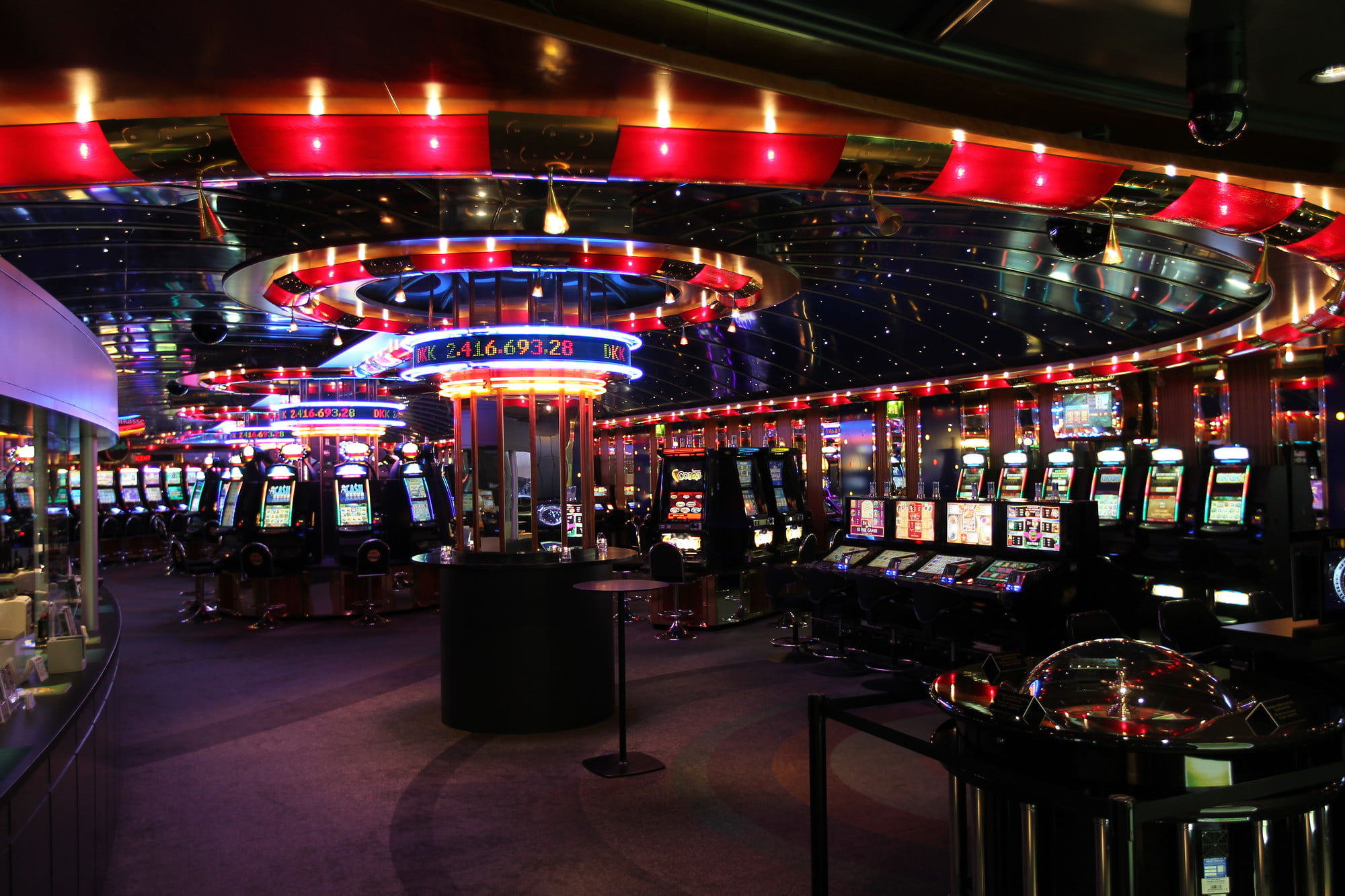
In the world of gambling, in which chance and strategy meet, a unique tapestry of beliefs unfolds—one that braids luck, fate, and the enigmatic nature of casino games. Casinos, bustling with excitement and anticipation, are not just spaces for placing bets; they are also arenas in which superstitions thrive. From the novice player to the seasoned gambler, these mysterious practices often shape how individuals approach the games they play, believing that their actions can affect the outcome in ways that go beyond mere probability.
As players gather around roulette wheels, blackjack tables, and slot machines, the atmosphere is thick with stories of lucky charms, rituals, and codified behavior that defy logic yet provide a sense of comfort. Whether it’s wearing a specific outfit, following a particular sequence of bets, or even avoiding certain numbers, the attachment to various superstitions reflects a deep-rooted desire to control the uncontrollable. RR 88 This article delves into the captivating world of casino game superstitions, examining the beliefs that simultaneously entertain and mystify those who dare to play.
Historical Roots of Superstitions
Casino activities have long been connected with an variety of superstitions that can be traced to ancient societies. The beginnings of these notions can be connected to humanity’s fundamental wish to influence the random outcomes associated with fortune and chance. In primitive civilizations, games of uncertainty were often connected to spiritual practices. Gamblers would seek aid or seek favor from spirits, believing that their actions could change the outcomes in their benefit. This foundation laid the basis for the variety of superstitions that spread as gambling evolved over centuries.
During the medieval age, betting became a widespread hobby across the continent, and with it, a diverse tapestry of superstitions emerged. Participants adopted numerous rituals and charms, believing they could change the outcome of games. The importance of numbers, in particular, emerged to appear in superstitions pertaining to card games and dice. The number seven was often considered lucky, while different numbers carried negative connotations. These ideas mirrored the cultural contexts of the time, adapting as they transferred through generations and transformed to new gaming environments.
As casinos emerged in the seventeenth century, particularly in the Italian peninsula and France, the atmosphere surrounding betting became steeped in mystique. The growing availability of casino activities allowed for the spread and growth of superstitions among players. Concepts like lucky charms, designated seating positions, and rituals gained prevalence, creating a distinct culture within casinos. As these traditions continued to thrive, they became integral to the character of gambling games, illustrating how history and society shape the belief systems that influence how gamblers connect with chance.
Widespread Casino Myths
Superstitions surrounding casino activities are abundant and varied, reflecting the dreams and fears of gamblers as they engage in random games. One of the most common views is that specific digits bring luck or misfortune. For example, the number seven is often seen as a favorable number, frequently sought after by players looking for a positive outcome. Conversely, the digit thirteen is routinely considered cursed, leading many gamblers to avoid it during their gambling periods.
Another common belief relates to rituals that players believe can affect their chances. Whether blowing gently on the dice before a roll, using a specific hand to place a wager, or even wearing specific items of clothing, many individuals feel that these rituals can sway fate in their favor. These rituals offer a feeling of power in an otherwise random environment, reinforcing the idea that fortune can be created through individual beliefs and customs.
Finally, the ambiance and vibe of the gambling house itself adds to myths. Many gamblers suggest that the presence of specific symbols, such as four-leaved clovers or lucky tokens, can enhance their odds of success. Additionally, gamblers might hold to the belief that victory streaks can be interrupted by mundane events, such as a person walking past or a accident at the gaming surface. The collective atmosphere in a casino can amplify these beliefs, creating a shared culture of superstitions that goes beyond individual experiences.
Impact of Superstitions on Players
Superstitions play a significant role in the psychology of gamblers, often influencing their behavior and choices. Many gamblers believe that fortune can be manipulated through different rituals, such as wearing a lucky charm, choosing particular hues, or avoiding certain numbers. This reliance on superstitions can create a sense of control in an environment that is intrinsically unpredictable. Players frequently feel more confident and engaged when they feel that their actions could sway the result of a game in their advantage.
The influence of these superstitions extends past individual players, affecting the general atmosphere inside the casino. For example, a player who holds the belief in the luck of a particular slot machine might attract a gathering, as others are fascinated by their apparent luck. This shared belief can heighten excitement and create a dynamic environment, leading to an engaging experience even for those who may not necessarily be believers themselves. The buzz around certain games can lead to higher participation and longer playing sessions, supporting the casino’s lively social scene.
In some instances, superstitions can lead to negative effects for players. Relying too heavily on rituals can result in poor gambling decisions, as some may ignore basic strategies in favor of unfounded beliefs. RR88 Additionally, the stress to perform rituals may increase anxiety and tension, diminishing from the pleasure of the experience. Ultimately, while superstitions can enhance the excitement of playing casino games, they can also lead to foolish choices that overshadow the enjoyment and amusement intended in the casino experience.
